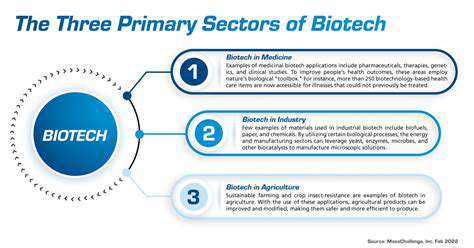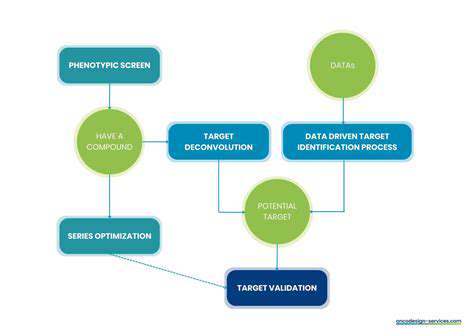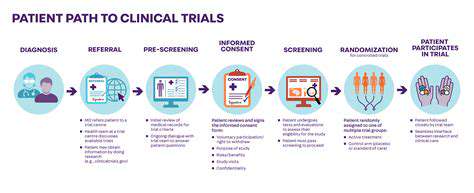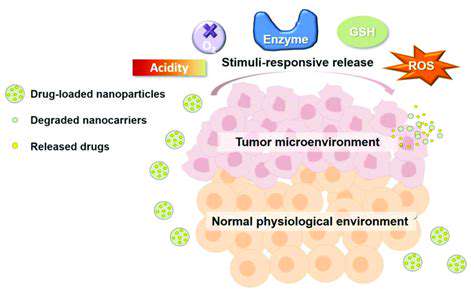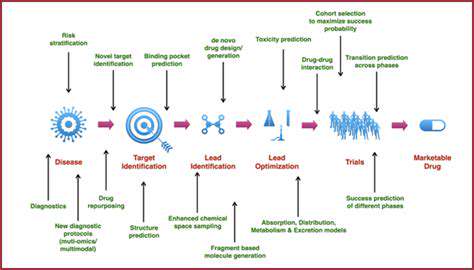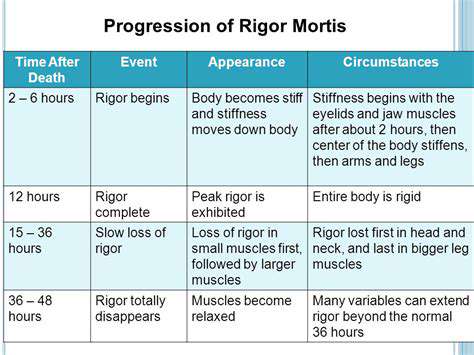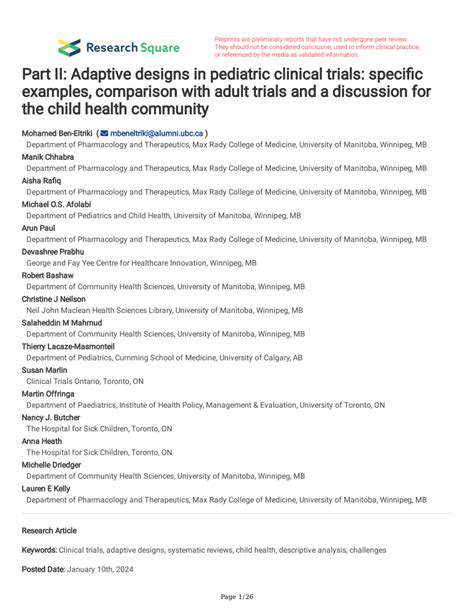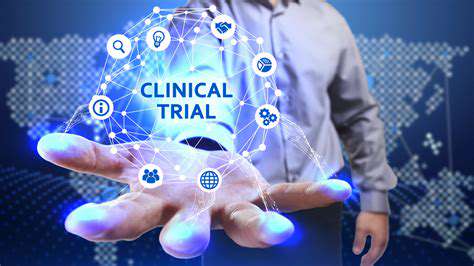Early Empiricism and Observation
The journey towards pharmacological knowledge began with a profound reliance on observation and empirical evidence. Ancient civilizations, from the Egyptians to the Greeks, meticulously documented the effects of various natural substances on the human body. This early form of experimentation, often intertwined with spiritual beliefs and practices, laid the groundwork for understanding the potential medicinal properties of plants, minerals, and animal products. The earliest recorded uses of opium for pain relief, for example, represent a significant step toward understanding the impact of specific substances on human physiology, even if the underlying mechanisms remained largely mysterious.
These early practitioners weren't guided by rigorous scientific methods, but they did recognize patterns in the responses of their patients. This painstaking process of observation, trial and error, and the documentation of results formed the foundation upon which subsequent advancements in pharmacology were built, demonstrating the enduring power of empirical observation in the quest for knowledge.
The Role of Natural Remedies
Throughout history, natural remedies played a central role in treating illnesses. From the use of willow bark to alleviate pain, to the employment of various herbs and spices as both medicines and preservatives, natural products were the primary source of therapeutic agents. Early healers developed a deep understanding of the properties of different plants, their potential benefits, and the correct methods for their preparation and administration. These approaches were often tied to cultural beliefs and traditions, further illustrating the complex interplay between natural remedies and societal values.
The Development of Early Pharmaceutical Practices
As societies evolved, so did their understanding of pharmaceutical practices. The development of sophisticated extraction techniques and the creation of more refined preparations marked a significant turning point. This involved processes such as distillation, fermentation, and the use of various solvents to isolate and concentrate active compounds from natural sources. These advancements in pharmaceutical practice allowed for greater control over the dosage and delivery of medicinal agents, paving the way for more targeted and effective treatments.
Early pharmacists and apothecaries played a crucial role in preserving and dispensing these remedies, often serving as both healers and dispensers of medication. They contributed to the standardization and dissemination of knowledge regarding the use of these preparations, further solidifying the growing importance of pharmaceutical practices in the broader context of healthcare.
The Influence of Ancient Greek Philosophers
Ancient Greek philosophers, such as Hippocrates and Galen, significantly influenced the development of pharmacological thought. Their emphasis on observation, rationalism, and the search for natural causes of illness laid the foundation for a more scientific approach to medicine. Hippocrates' work on the body's natural healing processes and Galen's detailed descriptions of anatomical structures and physiological functions provided a framework for understanding the body's response to medicinal agents. Their insights, though sometimes inaccurate by modern standards, shaped the medical understanding of the time and provided a springboard for future advancements.
Connecting Early Practices to Modern Pharmacology
Despite the differences in methodology and understanding, the early approaches to pharmacological knowledge laid the groundwork for the modern field. The emphasis on observation, the exploration of natural remedies, the development of early pharmaceutical practices, and the influence of Greek philosophers all contributed to the gradual accumulation of knowledge about the effects of substances on the body. These rudimentary beginnings, though seemingly simple by today's standards, represent a critical step in the evolution of our understanding of drugs and their interactions with the human body, demonstrating the profound impact of persistent inquiry and observation in the ongoing journey of scientific discovery.
The Rise of Scientific Inquiry: The 19th and 20th Centuries
The Foundations of Modern Pharmacology
The 19th and 20th centuries witnessed a dramatic shift in the understanding of disease and its treatment, laying the groundwork for modern pharmacology. Scientists began to meticulously study the chemical compounds within living organisms and their effects on the body. This period saw the emergence of rigorous experimental methods in biology and chemistry, allowing researchers to isolate and characterize active ingredients from natural sources, leading to the development of the first synthetic drugs. The quest to understand the mechanisms of action of these compounds became paramount, paving the way for the targeted therapies of today.
Early efforts focused on identifying specific compounds that could alleviate pain, fever, or other symptoms. This initial focus on observable effects laid the foundation for the development of more sophisticated drug design strategies. The meticulous documentation of these observations, coupled with the growing ability to isolate and analyze chemical structures, was crucial in establishing a scientific basis for drug discovery and development.
The Germ Theory and its Impact on Therapeutics
The burgeoning understanding of microbiology profoundly influenced the approach to drug development. The germ theory, which established a link between microorganisms and infectious diseases, revolutionized the field of medicine. Researchers began to investigate how specific microorganisms caused disease, and this knowledge became increasingly important in the development of antimicrobial agents. The development of techniques to cultivate and study microorganisms in the lab allowed for the targeted isolation of agents that could combat these pathogens, a critical step towards the creation of antibiotics and other anti-infective drugs.
The meticulous observation of microbial behavior and the development of cultures of pathogens allowed for the rigorous testing of potential treatments. This crucial step marked a paradigm shift from relying solely on anecdotal evidence to employing a more scientific, data-driven approach to understanding and treating infections. This scientific approach was essential for the progress in the development of antibiotics and other anti-microbial drugs.
The Advent of Chemical Synthesis and Drug Design
The 20th century saw a significant advancement in chemical synthesis, enabling scientists to create new molecules with specific properties. This newfound ability to manipulate chemical structures allowed for the design of drugs with enhanced efficacy and reduced side effects. Early examples of this approach include the synthesis of aspirin and other pain relievers, marking a pivotal moment in the development of targeted therapies. This ability to manipulate chemical structures to create targeted drugs was a significant step in the development of modern pharmaceuticals.
The development of techniques for synthesizing complex organic molecules opened up a vast new landscape for drug discovery. Researchers could now systematically modify existing molecules, tailoring them to specific biological targets. This ability to design drugs with precise properties revolutionized the field, leading to the development of more effective and safer medications. The ability to synthesize and test these new compounds, coupled with advanced analytical techniques, gave rise to more rational and effective drug development.
The Rise of Biochemistry and Molecular Biology
The integration of biochemistry and molecular biology provided a deeper understanding of the intricate interactions between drugs and biological systems. This knowledge allowed for a more targeted approach to drug design, enabling the development of drugs that could interact with specific molecular targets within the body. This profound understanding of molecular biology allowed for the design of drugs that could act on specific receptors, enzymes, or other molecules within the body, leading to more precise and effective therapies.
The discovery of DNA structure and the subsequent understanding of gene expression further refined the understanding of biological processes. This knowledge, combined with advanced technologies, paved the way for the development of drugs that target specific genetic pathways involved in disease. This deeper understanding of the molecular mechanisms underlying disease allowed for the development of more targeted therapies with fewer side effects.
Clinical Trials and Regulatory Frameworks
The 20th century also saw the development of robust clinical trial methodologies. These trials played a critical role in evaluating the safety and efficacy of new drugs before they were marketed. The establishment of regulatory frameworks, such as the Food and Drug Administration (FDA) in the United States, ensured that new drugs were rigorously tested and met safety standards before being made available to the public. This meticulous approach to testing and regulation was essential for ensuring the safety and efficacy of new drugs, minimizing risks to patients.
The development of standardized clinical trial protocols and ethical guidelines for human experimentation ensured the responsible and ethical advancement of drug development. These measures not only protected patients but also fostered trust in the scientific process, allowing for greater public confidence in the efficacy and safety of new medications. Furthermore, these protocols and guidelines ensured the long-term safety of drugs, preventing adverse outcomes and promoting public health.
The Molecular Revolution: Targeting Specific Pathways

Targeting Disease at the Molecular Level
The molecular revolution in medicine represents a paradigm shift, moving beyond treating symptoms to addressing the underlying causes of diseases at the cellular and molecular level. This approach holds immense promise for developing more effective and personalized treatments. By understanding the intricate molecular mechanisms driving disease progression, scientists can design targeted therapies that specifically interact with disease-causing molecules, minimizing harm to healthy cells.
This precision approach avoids the side effects often associated with broad-spectrum treatments, offering the potential for improved patient outcomes and reduced healthcare costs. The development of advanced technologies, such as CRISPR-Cas9 gene editing and high-throughput screening, has accelerated this research, propelling us closer to a future where diseases are not just managed but potentially eradicated.
Harnessing Molecular Insights for Personalized Medicine
Understanding the unique molecular profiles of individual patients is crucial for developing personalized therapies. This approach, often referred to as precision medicine, tailors treatments to the specific genetic makeup and environmental factors of each patient, leading to more effective and less toxic therapies.
Analyzing a patient's genetic code, along with other molecular markers, allows for the identification of specific molecular targets driving disease. This allows healthcare providers to choose the most effective treatment strategy for each individual, maximizing therapeutic efficacy and minimizing adverse effects.
Innovations in Drug Discovery and Development
The molecular revolution has profoundly impacted drug discovery and development. Researchers are now able to identify and target specific molecular pathways involved in disease processes, leading to the creation of novel drugs with enhanced efficacy and reduced side effects.
High-throughput screening technologies allow for the rapid evaluation of vast libraries of compounds, accelerating the process of identifying potential drug candidates. Furthermore, computational modeling and simulations provide insights into drug-target interactions, enabling the design of more effective and targeted therapies.
Ethical Considerations and Challenges
While the molecular revolution promises a future of more effective and personalized treatments, it also presents significant ethical considerations. Ensuring equitable access to these advanced therapies is paramount, as is addressing potential biases in data collection and analysis that could disadvantage certain populations.
The potential for misuse of molecular information, such as genetic data, necessitates robust regulations and ethical guidelines. Furthermore, the rapid pace of technological advancements demands ongoing dialogue and collaboration between scientists, policymakers, and the public to ensure responsible and equitable implementation of these powerful tools.
Technological Advancements and the Future of Drug Discovery

Technological Advancements in Communication
Technological advancements have dramatically reshaped the way we communicate, moving from handwritten letters and telegrams to instant messaging and video conferencing. This evolution has been driven by innovations in computing power, data transmission, and user interfaces. The speed and accessibility of communication have fundamentally altered social interactions, business operations, and global connectivity.
Early forms of communication relied on physical limitations, making information exchange slow and cumbersome. The development of the telegraph, telephone, and radio marked significant leaps forward, ushering in an era of faster and more widespread communication.
Impact on Global Collaboration
Technological advancements have fostered unprecedented global collaboration. Teams can now work together seamlessly across geographical boundaries, leveraging tools for shared document editing, virtual meetings, and project management. This interconnectedness has opened new opportunities for diverse perspectives and innovative solutions.
The ability to connect with individuals and organizations globally has led to significant progress in various fields, from research and development to humanitarian aid and economic development.
Transformation of Industries
The automation and digitization enabled by technology have fundamentally transformed numerous industries. Manufacturing processes have become more efficient and precise with robotic automation. The rise of e-commerce has revolutionized retail, allowing businesses to reach customers globally and consumers to access a wider range of products.
Furthermore, the financial sector has seen a significant shift towards online banking and digital payments. This transformation has brought about both benefits and challenges, demanding adaptation and responsible implementation of these technologies.
Rise of Artificial Intelligence
Artificial intelligence (AI) is rapidly evolving, impacting numerous aspects of our lives, from personalized recommendations to self-driving cars. AI-powered systems are increasingly capable of handling complex tasks, improving efficiency, and opening new possibilities in various sectors.
While AI presents exciting opportunities, ethical considerations and potential job displacement are also important areas of concern. Responsible development and deployment of AI are crucial to ensure its benefits are widely shared and its risks are mitigated.
Data Security and Privacy Concerns
With the increasing reliance on technology, data security and privacy have become paramount. Protecting sensitive information from unauthorized access and misuse is a significant challenge in today's interconnected world. Robust security measures, data encryption, and strong privacy policies are essential to safeguard personal and organizational data.
The Digital Divide and Accessibility
Despite the widespread adoption of technology, a digital divide persists, impacting access to information and opportunities for certain populations. Bridging this gap requires investment in infrastructure, digital literacy programs, and affordable access to technology for underserved communities. Ensuring equitable access to technology is crucial to fostering inclusive growth and development.
The Future of Technology and its Impact
The future of technology promises further advancements in areas like biotechnology, nanotechnology, and renewable energy. These advancements hold the potential to address global challenges and improve human lives in profound ways. However, it is crucial to consider the ethical implications and potential consequences of these innovations to ensure responsible development.
The ongoing evolution of technology will continue to shape our world, demanding adaptability, critical thinking, and a proactive approach to harnessing its potential for the betterment of society.

